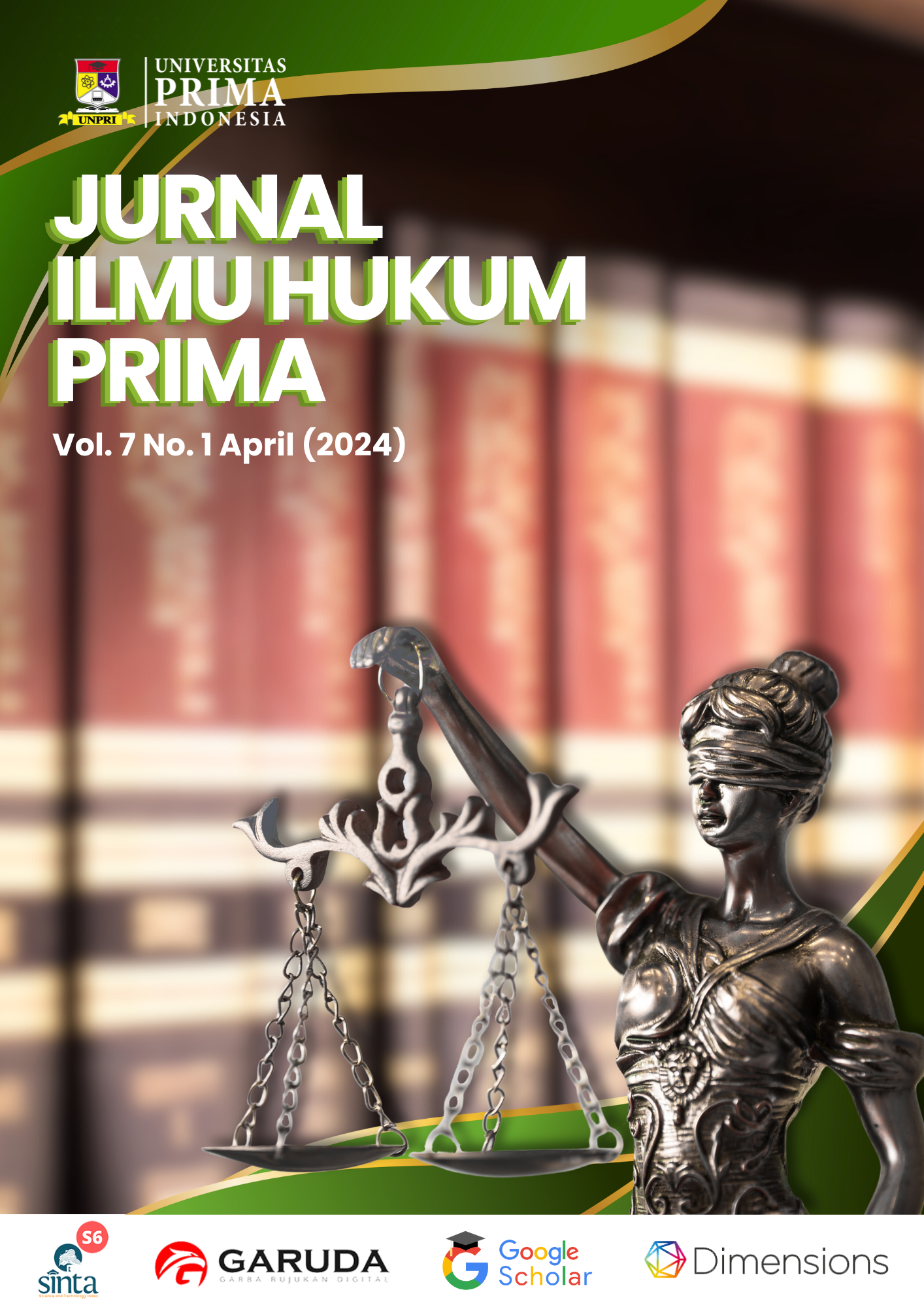MEMBANGUN SISTEM E-GOVERNMENT SEBAGAI TEROBOSAN MELAWAN KORUPSI DI INDONESIA
##plugins.themes.academic_pro.article.main##
Abstract
Corruption is an act of abuse of power or position for personal or group interests that are detrimental to the nation and State without considering the negative impact on the public interest. E-government encourages the active participation of citizens in monitoring and controlling a government's pace more quickly and efficiently to emphasize the practice of corruption. This research is library research. The research method used in this research is qualitative research. The data sources used are primary and secondary. The research results show that E-government increases transparency, accountability, and administration and increases direct community involvement in monitoring the course of government activities. Some e-government models can be used, such as Government-to-Government (G2G), Government-to-Business (G2B), Government-to-Citizen (G2C), and Government-to-Employee (G2E). Some examples of e-government include e-procurement, e-tendering, e-catalog, labor.go.id page, and Sinar application. Empowerment of competent human resources in the Information Technology (IT) field is essential so that e-government services in Indonesia can be developed, maintained, and optimized correctly so that the prevention and eradication of corruption can be realized with the E-government system.

